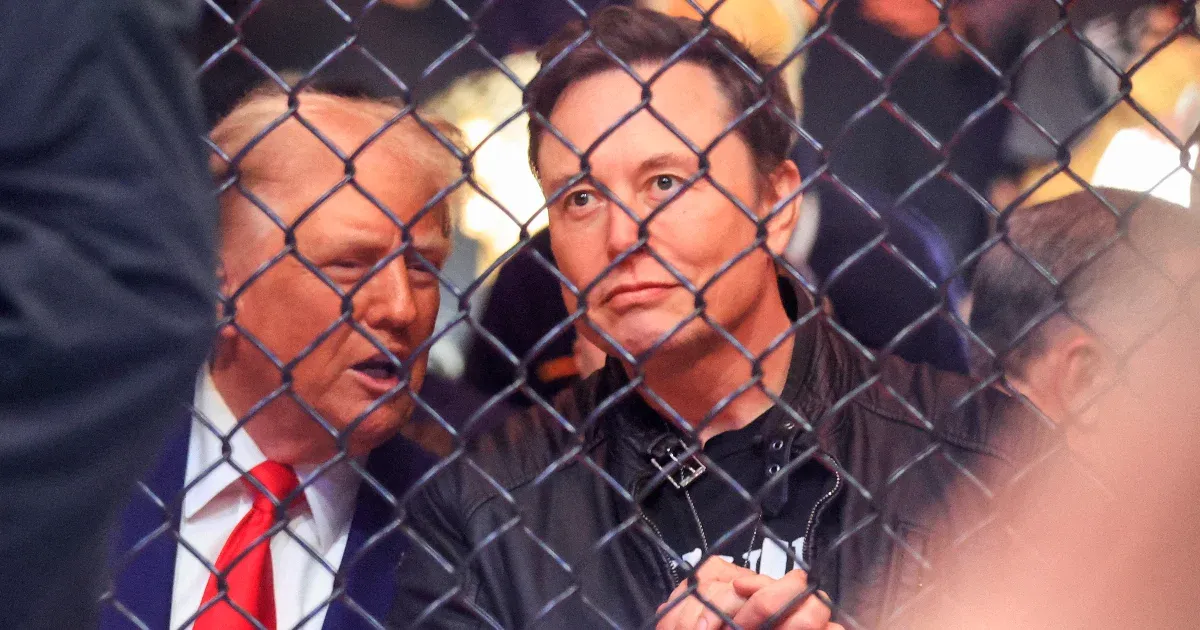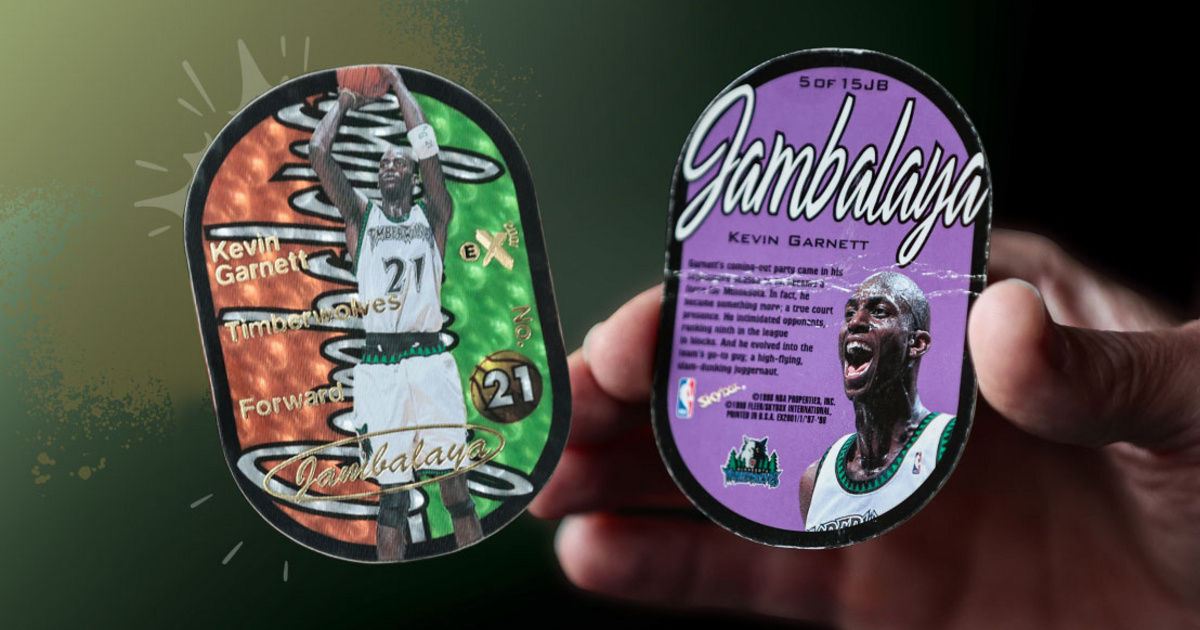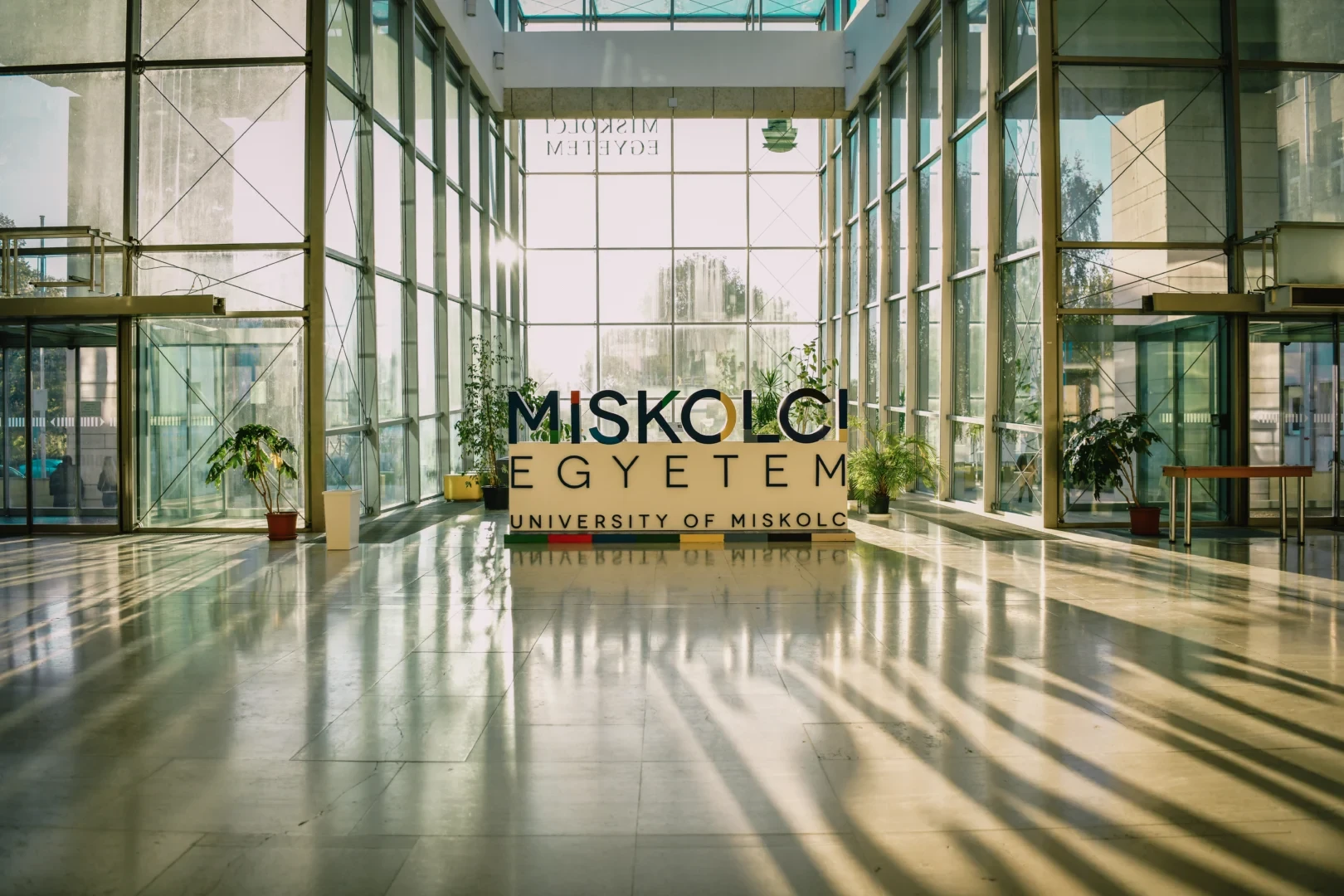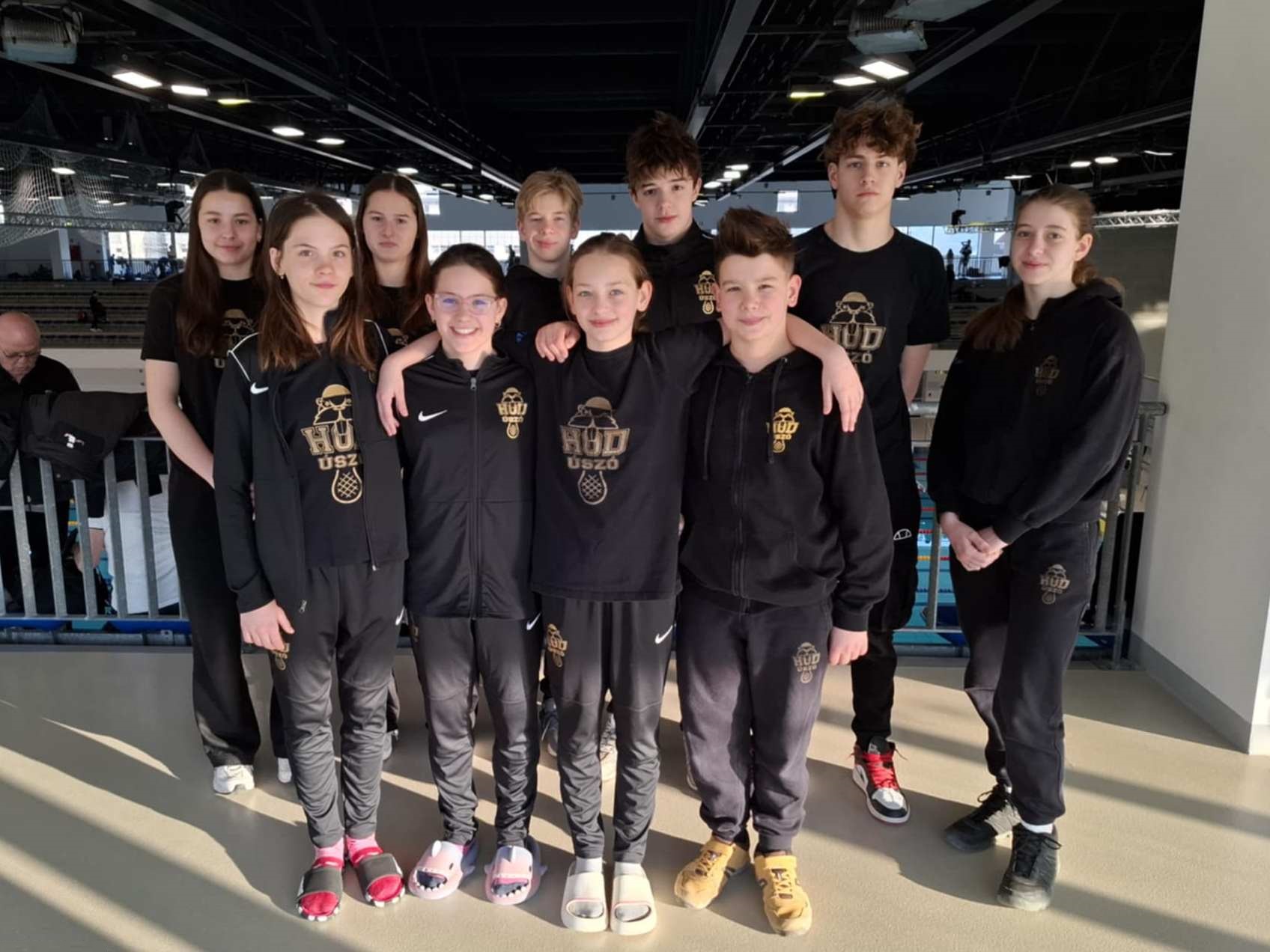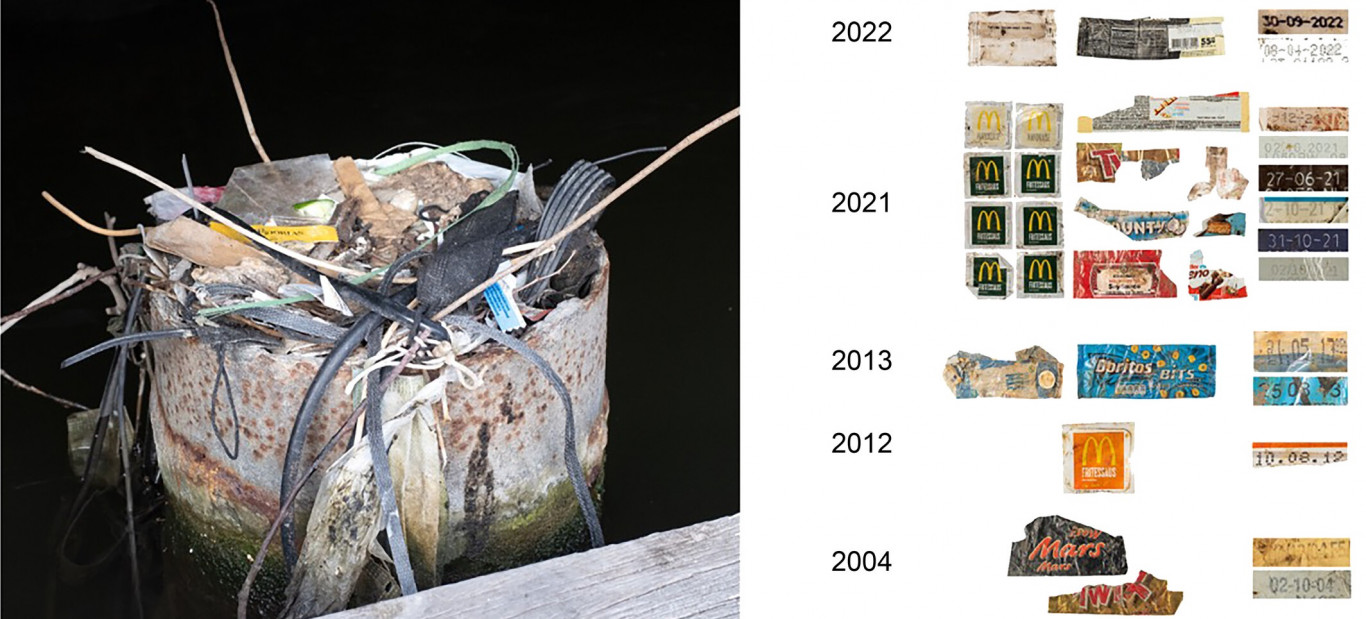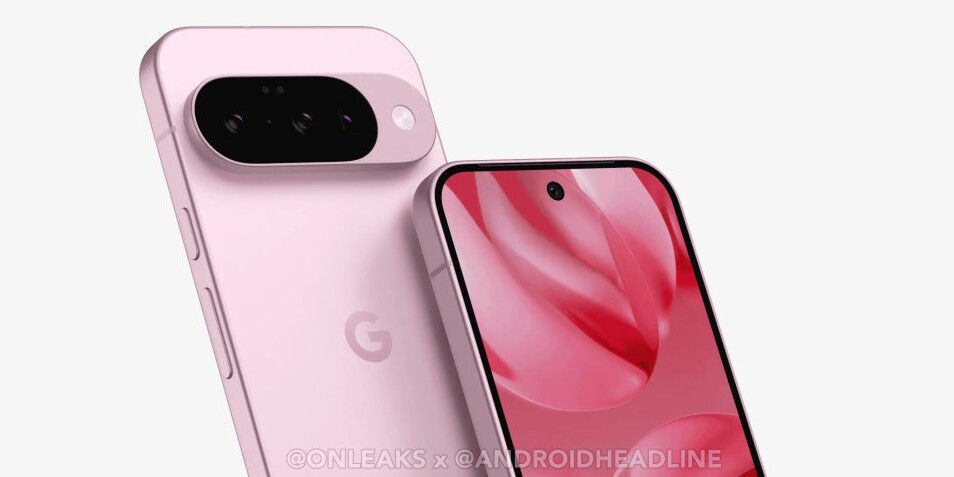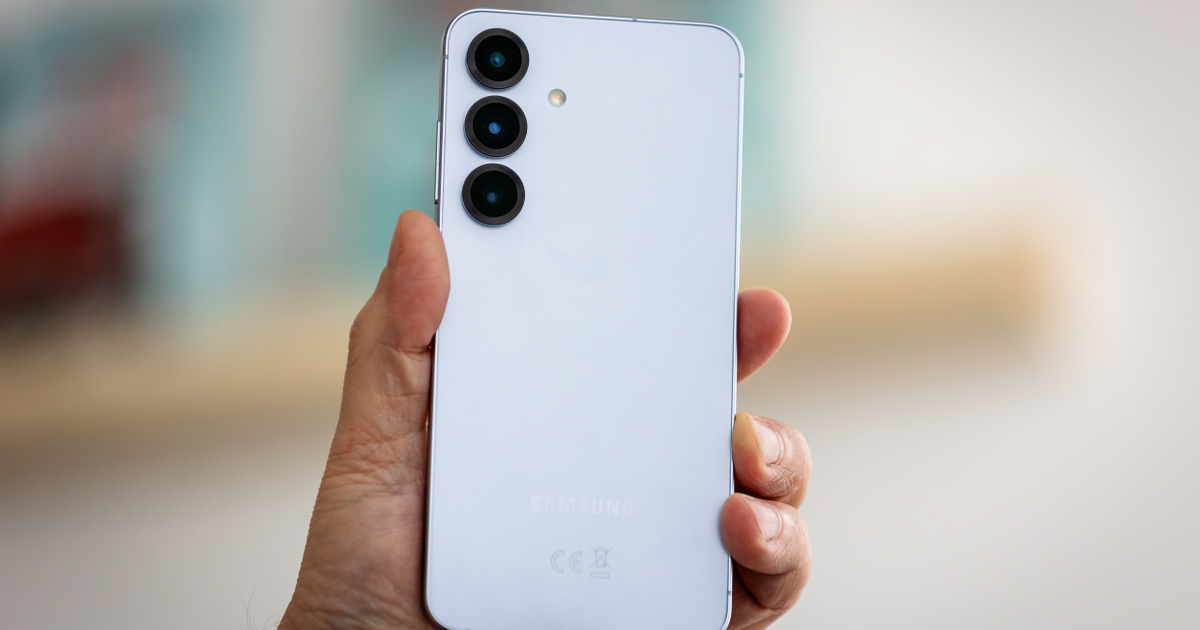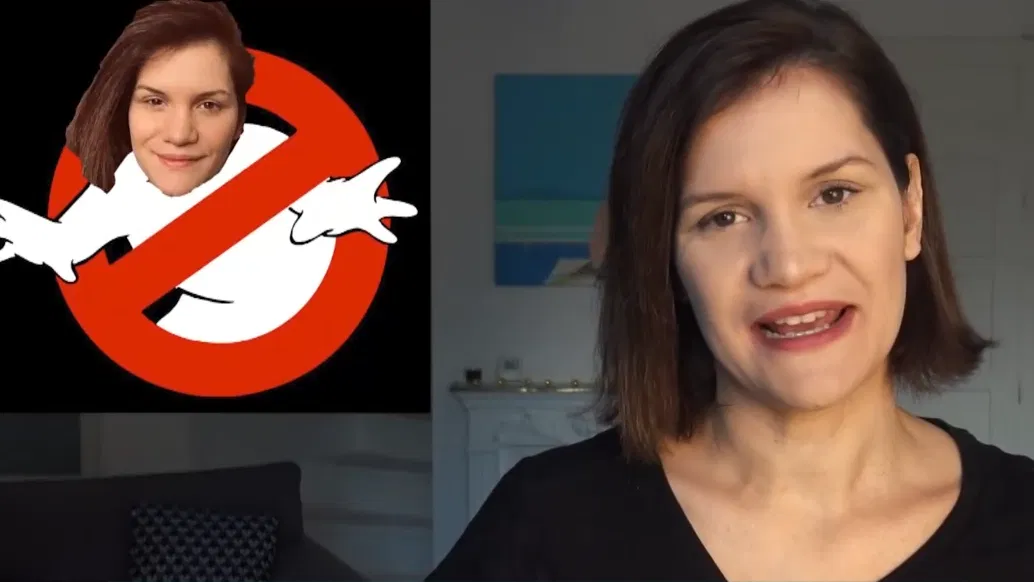Classification of virtual products and services in trademark law.
In June 1996, in episode 239 of the legendary series Neighbors, Phiri Vagasi decided to “go online”. Today, his words have been immortalized by thousands of memes. But if we look beyond the words, this hotel indicates the insane pace of technological development over the past 25 years. Today, the Internet has become an integral part of our daily lives, and the metaverse has begun to spread its wings as a new milestone in the development. Many people note this with the same skepticism that the Internet was in the time of Very Vagasi. But what is the metaverse, and how does trademark law even play out? We are looking for answers to these questions with Márk Kovács, attorney at the Schönherr Hetényi Law Office.
What is metaverse
The Cambridge Online Dictionary aptly defines the metaverse as “a virtual world where people interact as avatars in a three-dimensional space that simulates reality.” Just like in the real world, the user can acquire valuables in the metaverse, decorate his avatar (digital self) with different clothes, and of course buy real estate to start a digital business. Ownership can also be verified digitally, using NFTs (“non-fungible tokens”) based on blockchain technology. And although the majority of transactions are made through virtual currencies, everything can be expressed in real money and has an ever-increasing value, which many groups of famous companies have recently begun to pay attention to.
In the metaverse, we can now buy clothes and jewelry of well-known brands from real life, in order to visit a concert or go on vacation at the hypothetical equivalent of a popular hotel chain. As a corollary to this process, digital counterfeits of well-known brands from the real world began to appear in the metaverse as well. What can the owners of the “original” brand names do about it? Is it possible to brand a branded product in the metaverse?
Classification of virtual products and services in trademark law
Of course, digital products and services can also be protected by trademarks, which provide the trademark owner with exclusive rights to use the given brand name in the metaverse as well – explains attorney Mark Kovacs.
The scope of trademark protection is determined by its list of goods, which is nothing more than a list of goods and services for which trademark protection is valid. For example, if someone registers a motorcycle brand name, they can still (as a general rule) legally use the same brand name for underwear.
Goods and services are classified into different “categories” according to the international treaty that regulates this, the Nice Convention. In order to achieve proper brand protection, it is necessary to correctly indicate and categorize the goods and services covered by the brand, which requires an understanding of the main characteristics of the digital product/service that appear in the metaverse.
According to the current version of the Nice Convention, which classifies trademark goods and services, digital goods that appear as downloadable files on the user’s electronic device are in category 9, while non-downloadable electronic products are actually not goods, but are services in category 41. Because Because products that appear in the metaverse usually take the form of such digital goods that can be downloaded to your computer/data carrier, or that only appear in the internet space and cannot be downloaded, it is therefore necessary to protect the trademark that extends to classes 9 and 41 of In order for the brand name to also have adequate protection in the metaverse.
Thus, if someone’s brand protection covers in real life ‘hat’ items in Class 25, it may not be possible to prevent the use of their brand name in the metaverse on digital hats that wear avatars, which depends on their appearance. (downloadable or available online exclusive) within category 9 or 41″, explains the Schönheur expert.
Does the law follow technology?
Meanwhile, trademark offices have also begun to adapt to technical advances. A trademark is registered only if the list of goods is sufficiently specified. The USPTO Handbook already contains pre-defined wording for the list of goods for virtual goods accepted by the Office for trademark applications, see:
- “Downloadable virtual goods, i.e. computer software that includes: {character, type, ie clothing} for use in online virtual worlds” in Category 9.
- “Entertainment services, specifically online, virtual non-downloadable services {such as clothing, pets, furniture, etc.} for use in virtual environments created for entertainment” in Chapter 41.
Recently, the European Union’s Intellectual Property Office also issued a short statement stating that digital goods belong to category 9, but that their characteristics must be precisely defined, for example “downloadable digital goods, specifically digital clothing”. The office also clarified that the designation NFT (“Non-replaceable Token”) alone is not accurate enough for the purpose of trademark registration, it is necessary to indicate the type of digital goods that NFT is used to identify.
What will the future come?
Not so long ago, the catalog brand “downloadable digital goods, that is, shoes used in virtual worlds” looked quite surreal. But nowadays, there is a very real and growing demand for these branding apps. Without this, it could easily happen that our brand name appearing in real life could be used by others in the metaverse on the digital equivalents of our products/services, even without our permission.
“For proper brand protection, it is still necessary to correctly define and classify the range of goods and services offered by the particular company, as well as formulate the list of goods in a sufficiently accurate manner to minimize the risks associated with the brand,” concludes the lawyer.
Hardware, software, tests and interesting and colorful news from the world of IT by clicking here!

